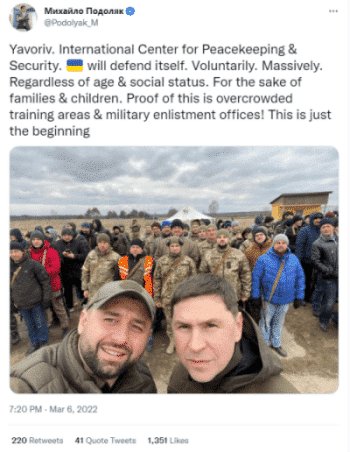Social media, a weapon of intelligence warfare
The essence of social media is to spread information. The increasing management of
perception and social interaction in social media proves that it has become a tool
of warfare, also known as a new generation of warfare. The main reason is that the
following two intelligence attributes of social media are becoming more and more
obvious:
One is manipulation.
First, social media
can shape people's perceptions and redesign society. Anything can be brought to life
through social media, and society can be part of a simulated world. Second, social
media can manipulate reality and weaken a country's administrative, social,
military, or economic power, and it can also lead to internal conflict, social
polarization, and radicalization in a country. Third, manipulating some sensitive
and controversial issues in society will cause disputes and conflicts on virtual
platforms. When this problem is transferred to the real environment, it will lead to
conflicts between the state and society or between different groups in society.
The
second is predictability.
Countries can predict whether
conflict, intervention or military action will occur in a region by analyzing the
flow of social media and big data information. Many countries already use social
media extensively to conduct psychological warfare, such as smear campaigns and
disinformation campaigns, and to obtain instant intelligence from areas of
operation. In this way, states can not only intervene or take military action, but
also separate and weaken hostile state societies.

Leveraging social media for war advantage
The combat
practices in Ukraine, Iraq, and Syria have shown that social media may produce
effects that military means cannot achieve. In a sense, its effectiveness even
surpasses some traditional combat methods. With the prominent role of social media
in modern warfare, its combat application is becoming more and more extensive.
Use social media to gather intelligence information.
Social media is a "rich mine" for mining intelligence information. In recent
years, with the popularity and popularity of social media, terrorists, various
anti-government armed forces and even government soldiers have used social media as
an important platform for transmitting and sharing information, which has aroused
the close attention of intelligence personnel from various countries. By analyzing
the background of photos and videos on Facebook, Twitter, and YouTube, the location
and activity patterns of the publishers can be determined, and then precise strikes
can be carried out.
On March 6, 2022, Ukrainian presidential adviser
Podolyak tweeted a selfie, exposing the location of foreign mercenaries. A week
after the location was revealed, the International Peacekeeping and Security Center
where Podolak had photographed was hit by eight Russian missiles, killing 35 people,
injuring 134 and destroying several buildings.

Influence public perception through social media.
In the
information age, the practice of winning by whatever means is outdated, replaced by
winning by following the laws of society. Compared with traditional media, Facebook,
Twitter and other social media have a wide audience, fast speed, and strong
participation. They can quickly push selected information to hundreds of millions of
target audiences in the form of pictures and texts, thereby affecting the target
audience's views and attitude on events.
During the Syrian civil war, rebels
and their supporters released more than 100 videos and thousands of messages on
social media from 12 different regions, accusing government forces of using sarin
gas, making the international community generally believe that government forces
launched chemical weapons attacks , finally forcing the Syrian government to agree
to destroy the stockpile of chemical weapons.
Use social media to
implement psychological deterrence.
In 21st century conflict,
the psychological dimension is as important as the physical one, and the clever use
of psychological warfare can effectively offset an opponent's advantage on the
physical battlefield.
During the "Pillar of Defense" operation, the Israeli
army tweeted the news that Hamas' senior military leader Jabari was killed in the
bombing on the first day of the war, and retweeted it to Hamas’ official, reminding
Hamas members not to show up, which has a better deterrent effect. At the same time,
the use of social media has become an important means of extremist terrorist
organizations. Before the attack on Baghdad, the "Islamic State" organization kept
pushing messages and pictures of "We are coming, Baghdad" on Twitter, causing the
Iraqi people to mistakenly believe that Baghdad had been occupied, causing great
panic.